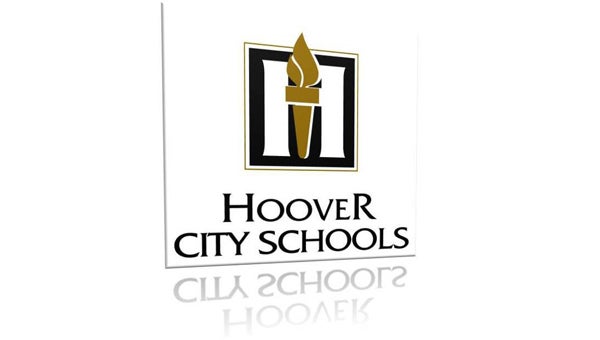Hoover BOE discusses becoming public charter school authorizer
Published 9:21 pm Tuesday, August 18, 2015

The Hoover Board of Education discussed public charter schools and the role of public charter school authorizers during an Aug. 18 special-called meeting. (File)
By MOLLY DAVIDSON / Staff Writer
HOOVER—Following the March 19 passage of the Alabama School Choice and Student Opportunity Act, school boards across the state are now faced with the choice to register as a public charter school authorizer. The Hoover Board of Education heard a presentation and considered the implications of the choice during an Aug. 18 special-called meeting.
Public charter schools are publicly funded, independent schools governed by a charter agreement with an authority, either a local school board or the Alabama Public Charter School Commission.
According to the Act, public charter schools in Alabama may come in two forms. First, conversion public charter schools, which are schools that existed as a non-charter public school before converting to a charter school; and second, start-up public charter schools, which are public charter schools that did not first exist as a non-charter public school.
Public charter schools are often created to meet a student need not fulfilled by the school system. Unlike non-charter public schools, attending a public charter school is a matter of choice, not zoning. Public charter schools are also governed by an independent board and have autonomy over decisions such as spending, curriculum, scheduling and staffing.
During his presentation to the Hoover BOE, Assistant Superintendent for Instruction Dr. Ron Dodson explained as a public charter school authorizer, the Hoover BOE would be responsible for receiving, reviewing and approving or denying all applications for a public charter school.
Dodson and Hoover City Schools Superintendent Dr. Kathy Murphy noted the “active” role of a public charter school authorizer in soliciting applications for public charter schools.
“The law is very clear, we should be soliciting those individuals for charter schools and encourage them,” Murphy explained. “You become an extreme advocate for charter schools should you become an authorizer, that’s a commitment we’d have to make.”
If a public charter school is approved and created, Dodson explained the Hoover BOE would assume liability and responsibility for overseeing the actions of the school and would be the “compliance checker for charter schools.”
Should an application be denied, the decision may be appealed to the 10-member Alabama Public Charter School Commission. School boards registered as public charter school authorizers will be given a seat as an 11th member of the APCSC for the appeal decision vote.
Fulfilling the responsibilities and duties of a public charter school authorizer will require “extensive board time,” “dedicated personnel” and will come at a cost, Dodson said. Although “authorizers can charge 3 percent of the state allocation to recover costs related to oversight,” Dodson explained “3 percent might not be sufficient to cover the cost.”
Murphy echoed Dodson’s sentiment, adding funds could instead be spent to improve areas in current Hoover City Schools.
“In my opinion as your superintendent, our resources will best be spent focusing on the students we have and making our school system the best it can be,” Murphy said.
If a school board chooses not to become a public charter school authorizer, it will not incur the costs or be responsible for oversight of public charter schools in the area. Those wishing to create a public charter school in the district would apply to the APCSC.
School boards across the state have until Sept. 1 to register as public charter school authorizers, however, preliminary guidelines for public charter schools will not be released until October, Murphy said.
“The position we are in is to make the decision of whether or not to be an authorizer without having some critical information available to us,” Murphy said.
The Hoover BOE voted to table the decision to register as a public charter school authorizer in order discuss and research the issue further.









